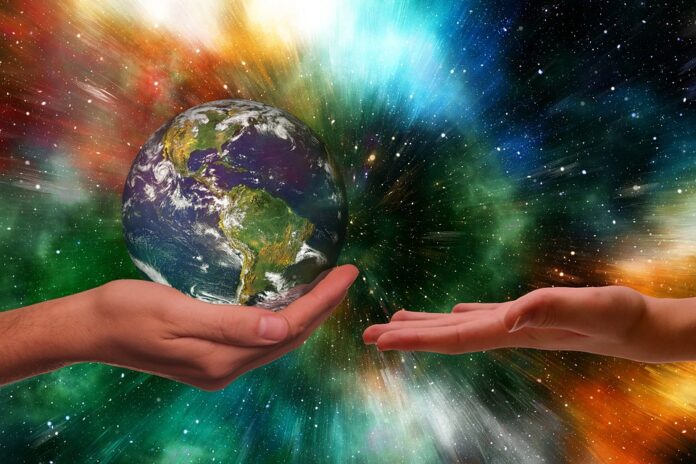Title: Sustainable Development: A Key to a Better World
Introduction
Sustainable development is becoming increasingly vital in today’s world as we strive to create a better future for both people and the planet. It is a holistic approach that aims to meet the needs of the present without compromising the ability of future generations to meet their own needs.
What is Sustainable Development?
Sustainable development is defined as development that meets the needs of the present without compromising the ability of future generations to meet their own needs. It encompasses economic, environmental, and social aspects, recognizing that all three are interconnected and interdependent.
Importance of Sustainable Development
Sustainable development is crucial for a better world for several reasons. Firstly, it helps to ensure that resources are used efficiently and effectively, reducing waste and minimizing environmental impact. Secondly, it promotes social equity by addressing issues such as poverty, inequality, and access to education and healthcare. Finally, sustainable development helps to build resilience to environmental, economic, and social challenges, ensuring a more stable and secure future for all.
Benefits of Sustainable Development
There are numerous benefits to pursuing sustainable development. From an environmental perspective, it helps to mitigate climate change, protect biodiversity, and preserve natural resources. Economically, sustainable development can drive innovation, create new job opportunities, and foster long-term economic growth. Socially, sustainable development can improve quality of life, promote social cohesion, and reduce inequality.
Challenges of Sustainable Development
While there are many benefits to sustainable development, there are also challenges that must be overcome. One major challenge is the need for systemic change at all levels of society, from government policies to individual behaviors. Another challenge is the lack of awareness and understanding of sustainable development principles, which can hinder progress towards a more sustainable future. Additionally, there may be resistance from vested interests that benefit from the status quo, making it difficult to enact meaningful change.
Role of Individuals in Sustainable Development
Individuals play a crucial role in promoting sustainable development. By making small changes in daily habits, such as reducing energy consumption, recycling, and supporting sustainable businesses, individuals can help contribute to a more sustainable future. Additionally, individuals can advocate for sustainable policies and practices in their communities and workplaces, influencing larger-scale change.
Conclusion
In conclusion, sustainable development is a key to creating a better world for current and future generations. By addressing environmental, economic, and social challenges in a holistic and interconnected manner, we can build a more sustainable and resilient future for all. It is essential that individuals, communities, businesses, and governments all work together to promote sustainable development and ensure a better world for everyone.
Frequently Asked Questions:
1. How can I contribute to sustainable development in my daily life?
You can contribute to sustainable development in your daily life by reducing energy consumption, recycling, supporting sustainable businesses, and advocating for sustainable practices in your community.
2. What are some examples of sustainable development initiatives?
Examples of sustainable development initiatives include renewable energy projects, waste management programs, sustainable agriculture practices, and green building design.
3. Why is sustainable development important for future generations?
Sustainable development is important for future generations because it ensures that resources are used wisely and that we leave a healthy and prosperous planet for the next generation to thrive on.

